Seljalandsfoss
About Seljalandsfoss
Seljalandsfoss is one of Iceland’s most unique waterfalls, located along the Ring Road on the country’s South Coast. It drops around 60 meters (197 feet) from the cliffs of the former coastline and is famous for the walking path that leads directly behind the waterfall. This rare perspective allows visitors to view the water curtain from inside the cave-like space, making Seljalandsfoss one of the most photographed sites in Iceland.
Thanks to its accessibility and dramatic beauty, Seljalandsfoss is included in nearly every South Coast day tour and is often combined with Skógafoss and Reynisfjara Black Sand Beach.
Geological Background
Seljalandsfoss is fed by meltwater from the Eyjafjallajökull glacier, which erupted famously in 2010. The waterfall is part of the Seljalandsá River, which once flowed directly into the ocean before the coastline receded. Today, the sheer cliffs form a dramatic backdrop that marks Iceland’s ancient shore.
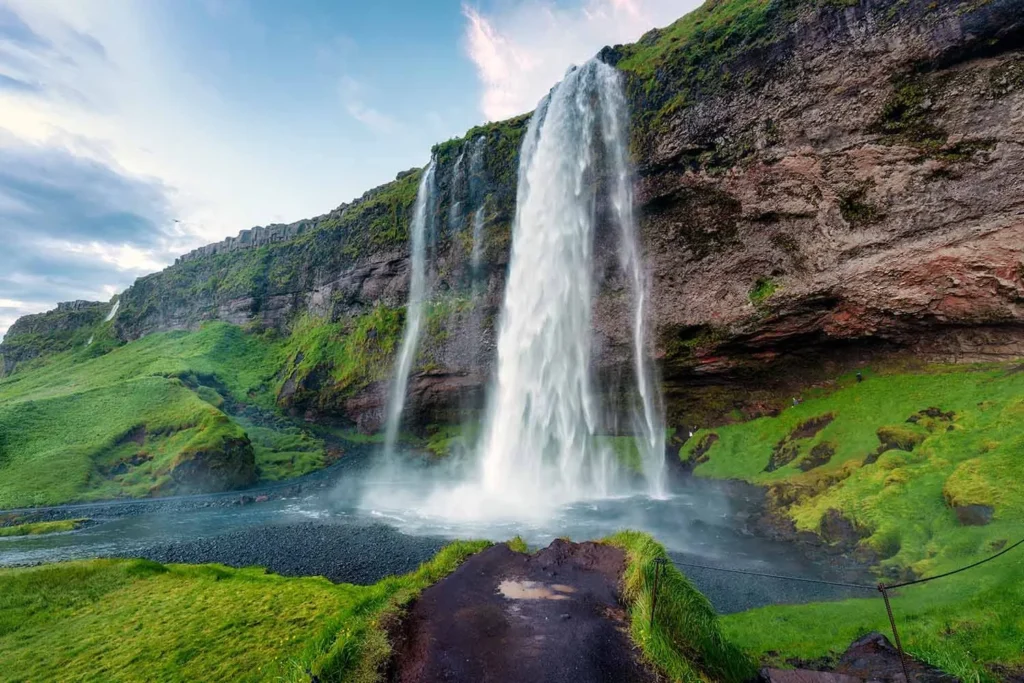
What Makes Seljalandsfoss Special
Unlike most waterfalls in Iceland, Seljalandsfoss offers the chance to walk behind the cascade. The trail curves into a cavernous space carved out by centuries of erosion. From here, you can look out through the curtain of water across the South Coast landscape , a view that feels magical at sunrise or sunset.
Be prepared to get wet, especially in summer when spray is strong. Waterproof clothing and sturdy shoes are highly recommended. The path behind the waterfall is usually open from late spring to autumn but may be closed in winter due to ice.
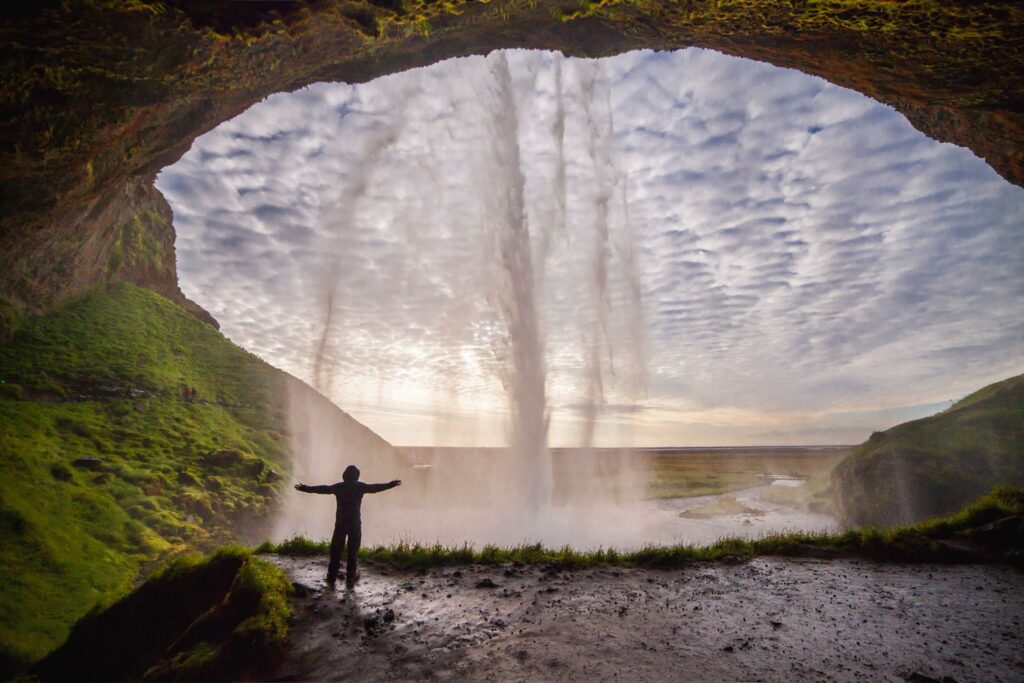
Nearby Hidden Gem: Gljúfrabúi
Just a short walk north of Seljalandsfoss lies Gljúfrabúi, a smaller waterfall hidden inside a mossy canyon. Many travelers miss it, but stepping into the narrow gorge reveals a secret world where the falls plunge into a mystical chamber. Combine both waterfalls for a rewarding stop.
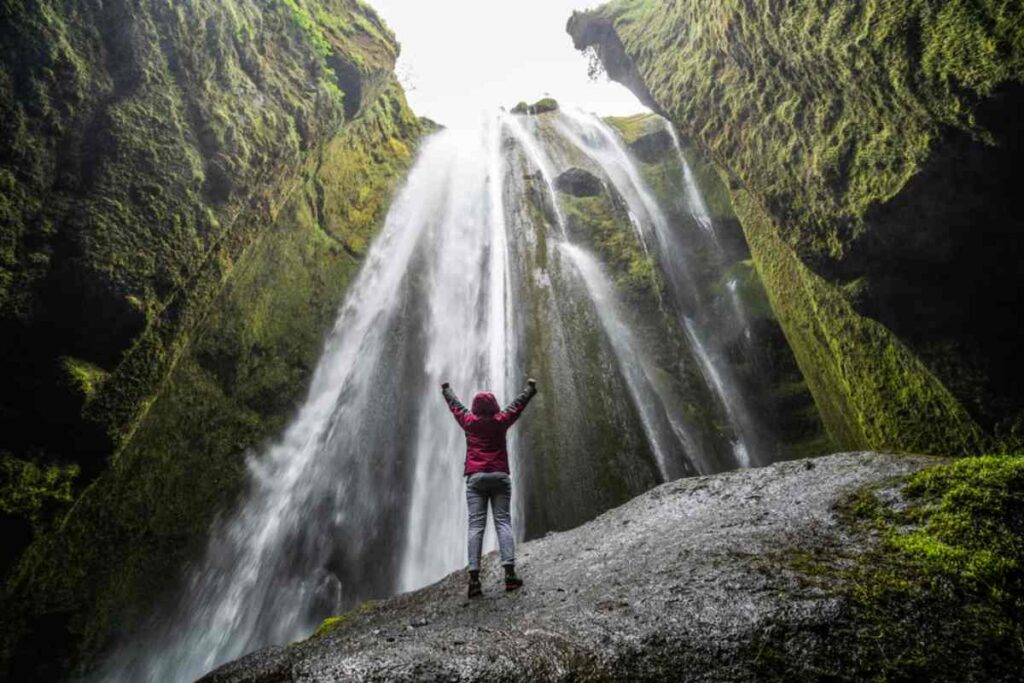
Photography Tips
Golden Hour: Sunset creates golden light through the water curtain – perfect for photos.
Tripod Recommended: For long exposure shots inside the cave.
Protect Your Gear: Mist is constant, so bring a lens cloth or cover.
Behind the Falls: Wide-angle lens helps capture the full interior perspective.
Tours Including Seljalandsfoss
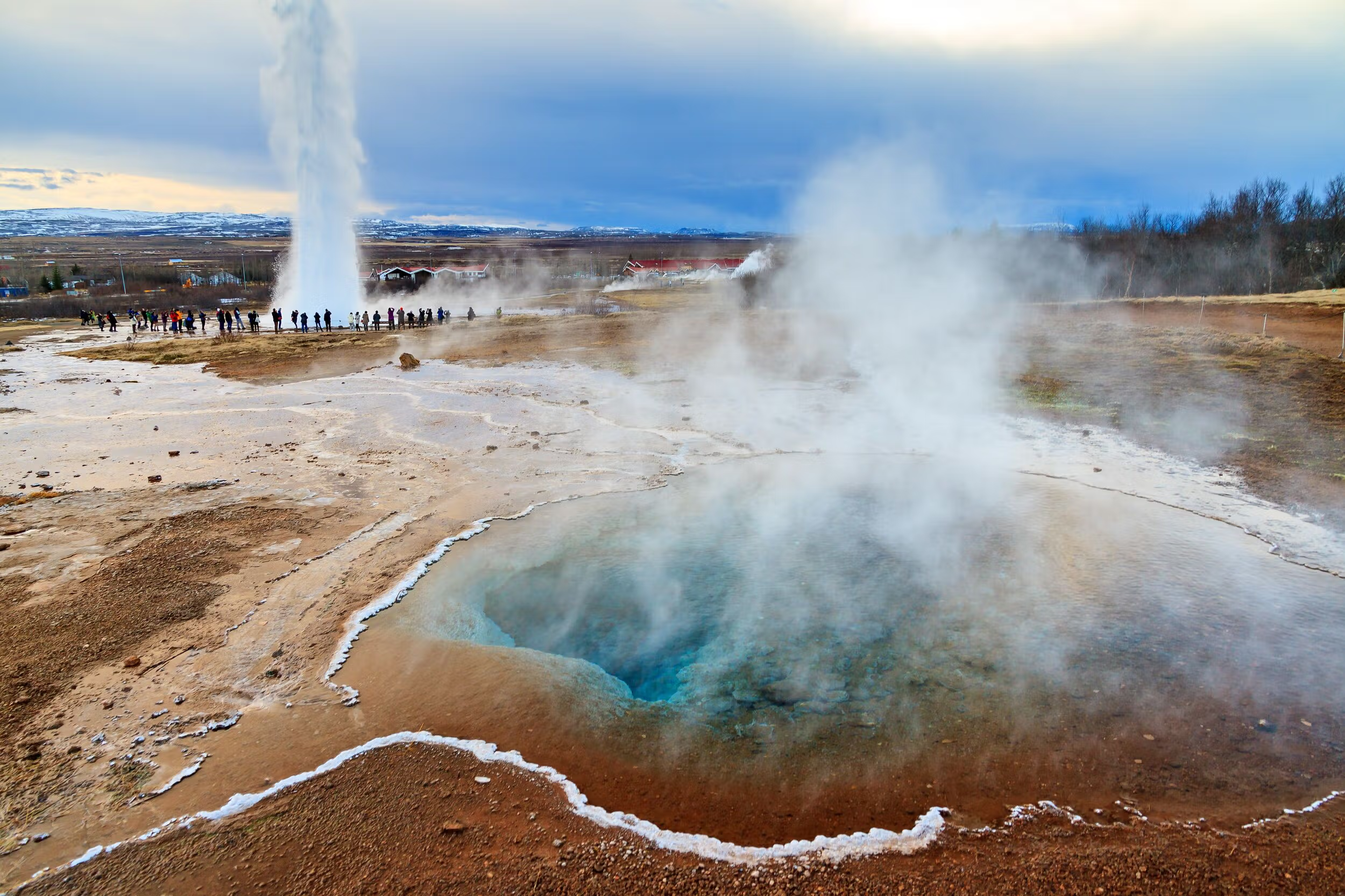
Golden Circle Tour
36990 ISK
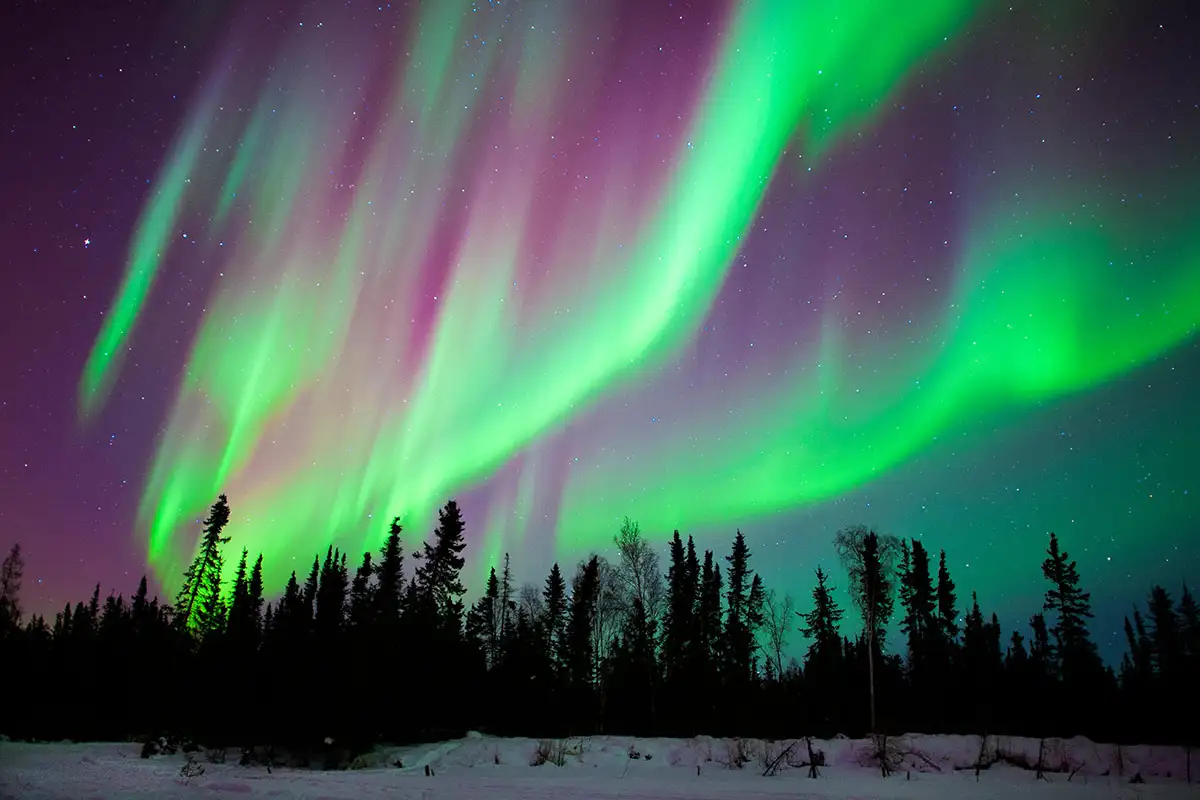
Northern Lights Tour
22000 ISK
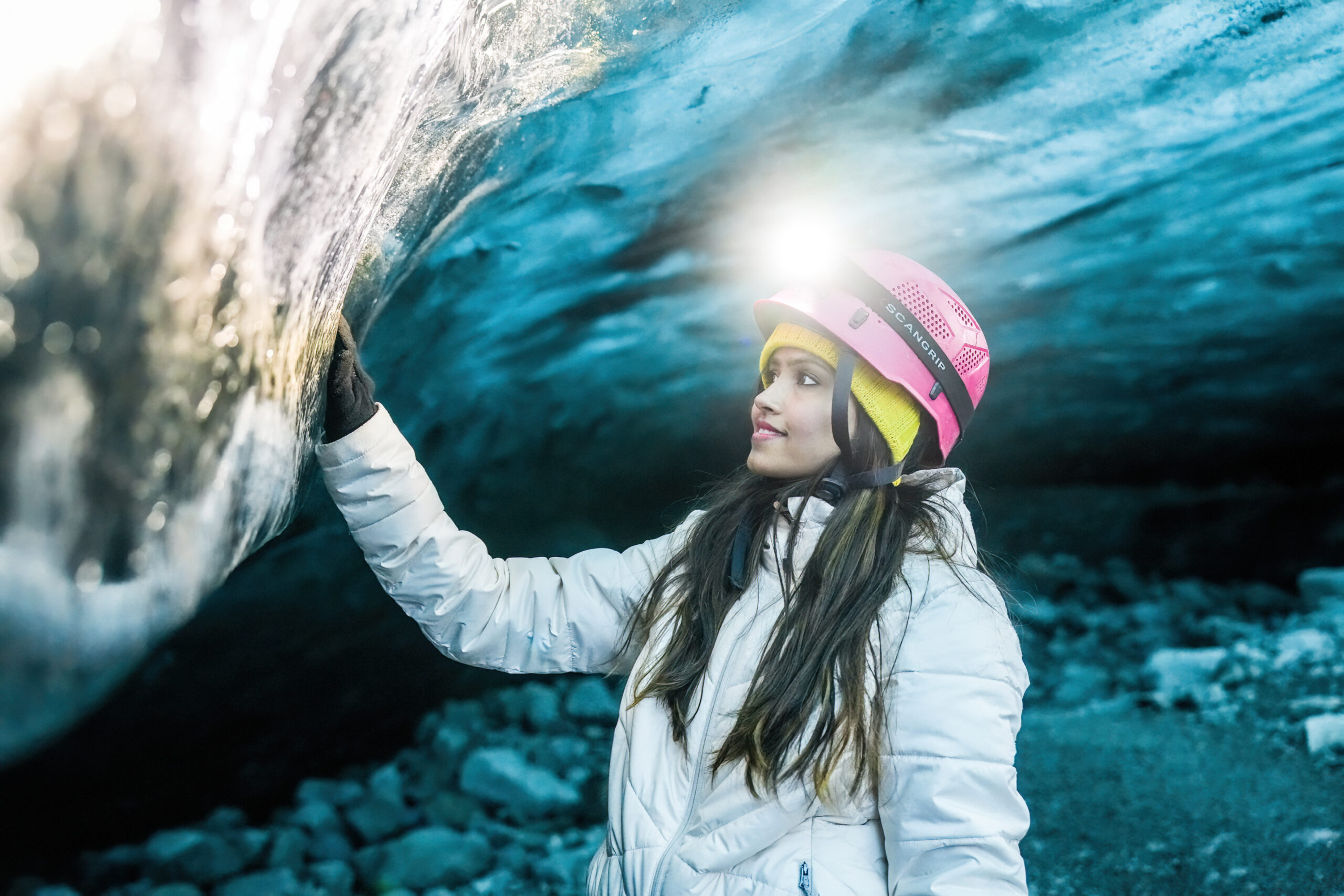
Glacier Hike Tour
19000 ISK
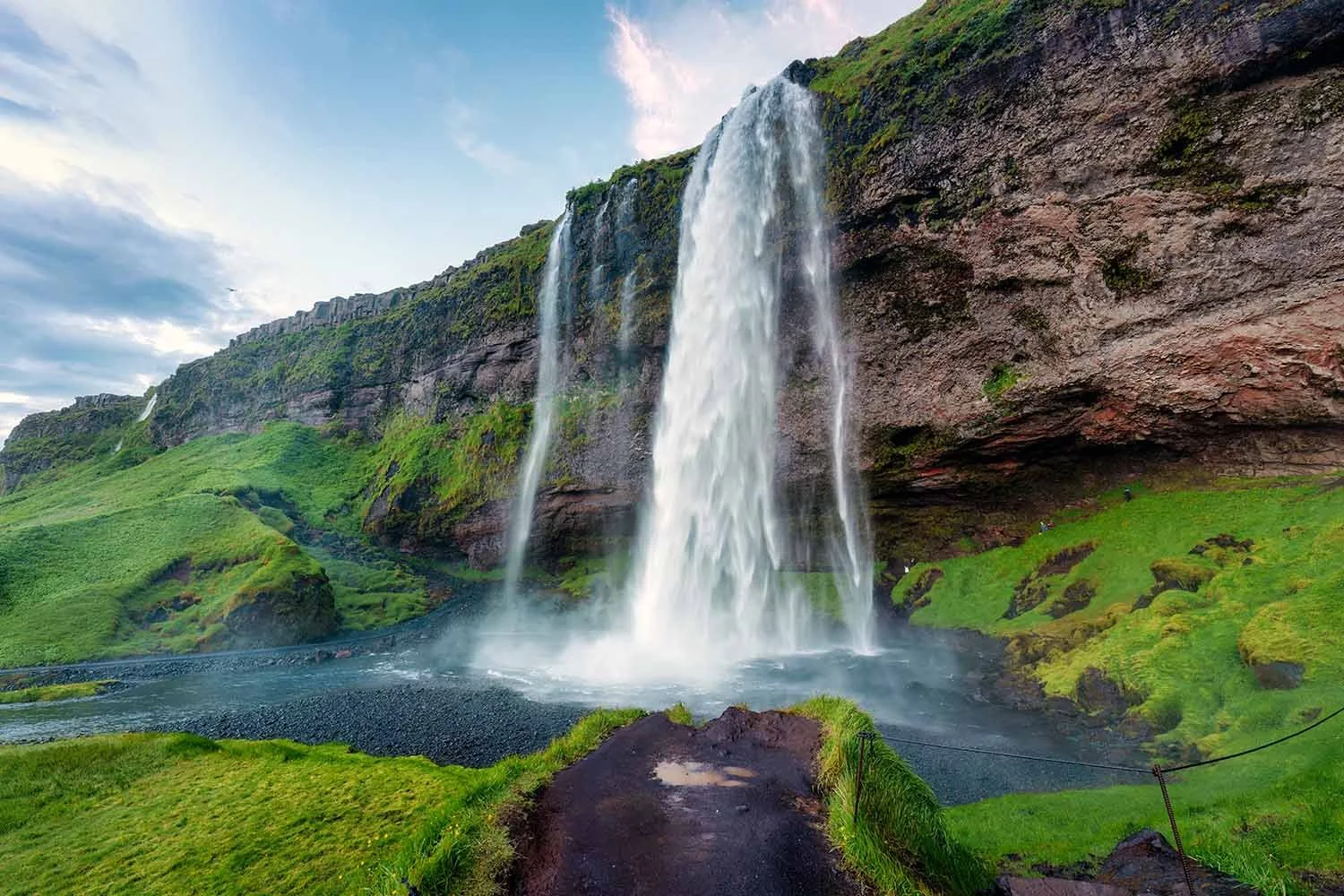
Classic South Coast
16990 ISK
Best Time to Visit Seljalandsfoss
Summer: Trail behind the falls is usually open; lush greenery surrounds the cliffs.
Autumn: Beautiful colors and fewer crowds.
Winter: Frozen icicles create dramatic scenery, but the behind-the-falls path may close.
Spring: Increased flow from glacial meltwater makes the waterfall more powerful.
The waterfall is powered by the Skógá River, which originates from the Eyjafjallajökull and Mýrdalsjökull glaciers. This constant glacial supply ensures the waterfall flows year-round, regardless of season.
Nearby Attractions
Seasonal Visiting Guide
Seljalandsfoss is stunning in every season, but your experience changes depending on the time of year:
Summer (June–August):
The path behind the waterfall is almost always open, the cliffs are covered in lush greenery, and long daylight hours allow for late-night visits with fewer crowds. This is the most popular time of year, so arrive early morning or late evening for the best experience.
Autumn (September–October):
Cooler air, fewer visitors, and beautiful fall colors along the surrounding landscape. Weather is more changeable, and evenings get darker, creating dramatic conditions for photography.
Winter (November–February):
Seljalandsfoss transforms into an icy wonderland with frozen spray and icicles surrounding the cliffs. The behind-the-falls trail is usually closed due to ice, but the view from the front is breathtaking. This is also an excellent season to see the Northern Lights above the waterfall.
Spring (March–May):
Snowmelt increases the flow of the Seljalandsá River, making the waterfall even more powerful. Conditions can be slippery, but the path behind the falls often reopens in late spring, and crowds are still smaller than in summer.
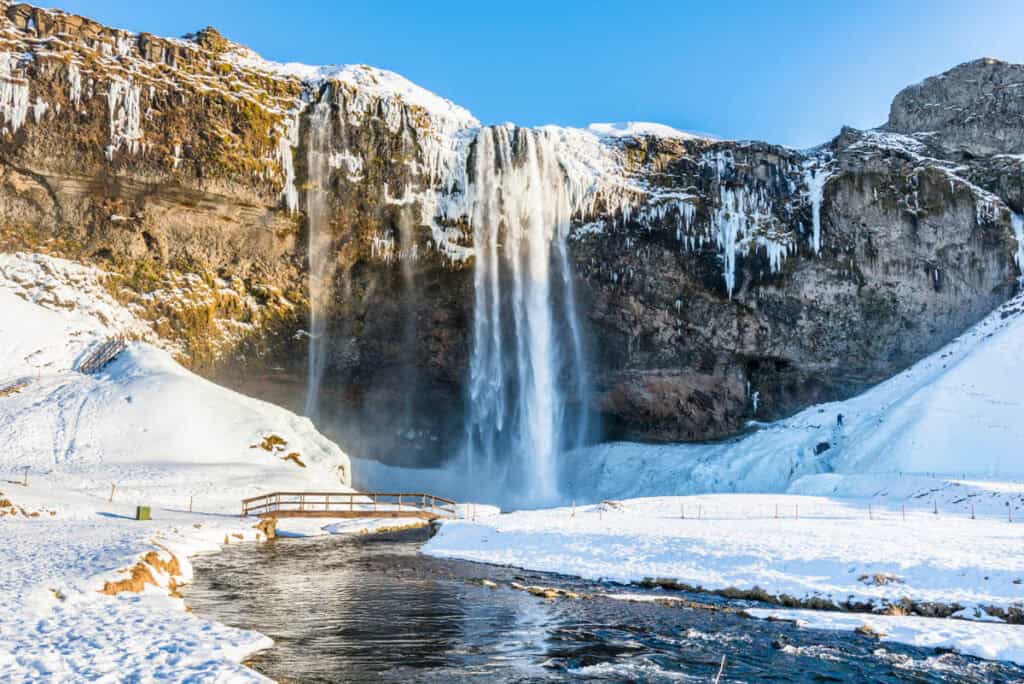
Getting There & Practical Information
Tours and Experiences at Seljalandsfoss
Seljalandsfoss is a highlight of most South Coast itineraries:
South Coast Day Tour — Includes Seljalandsfoss, Skógafoss, Reynisfjara Black Sand Beach, and more.
Multi-Day Tours — Visit Seljalandsfoss as part of extended trips to Skaftafell and Jökulsárlón.
Adventure Add-ons — Combine a stop here with glacier hiking or ice cave exploration.
Northern Lights Tours in Winter — Seljalandsfoss can be a stop when chasing auroras along the South Coast.
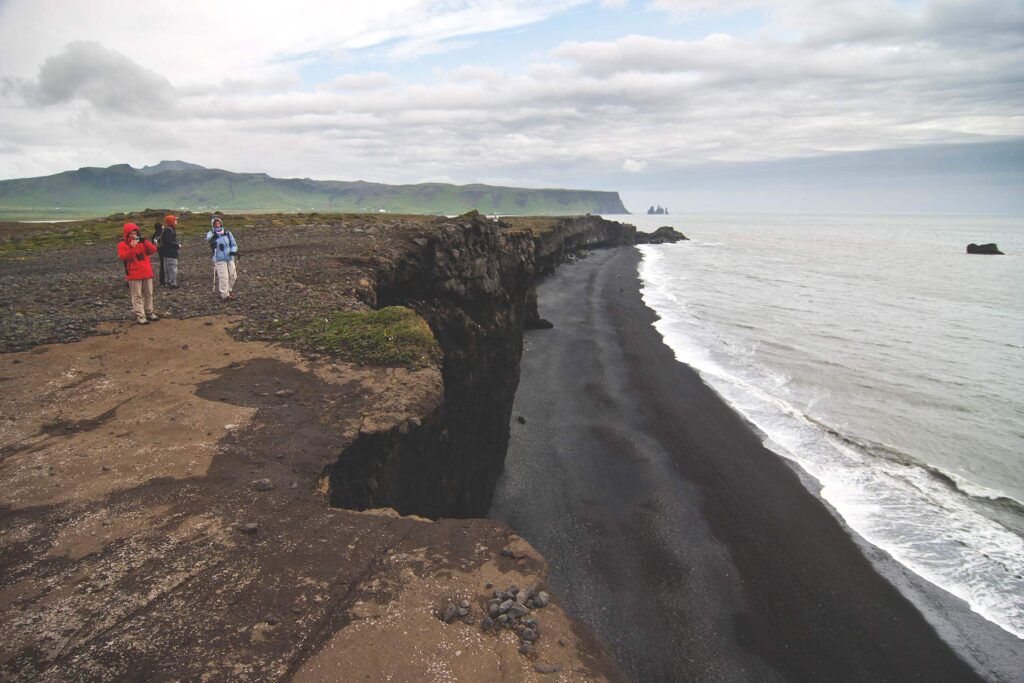
Nearby Attractions
Skógafoss – Another iconic waterfall, just 25 minutes east.
Reynisfjara Black Sand Beach – Famous basalt columns and dramatic surf.
Gljúfrabúi – Hidden canyon waterfall beside Seljalandsfoss.
Þórsmörk – Accessible by F-roads nearby, a popular hiking area.
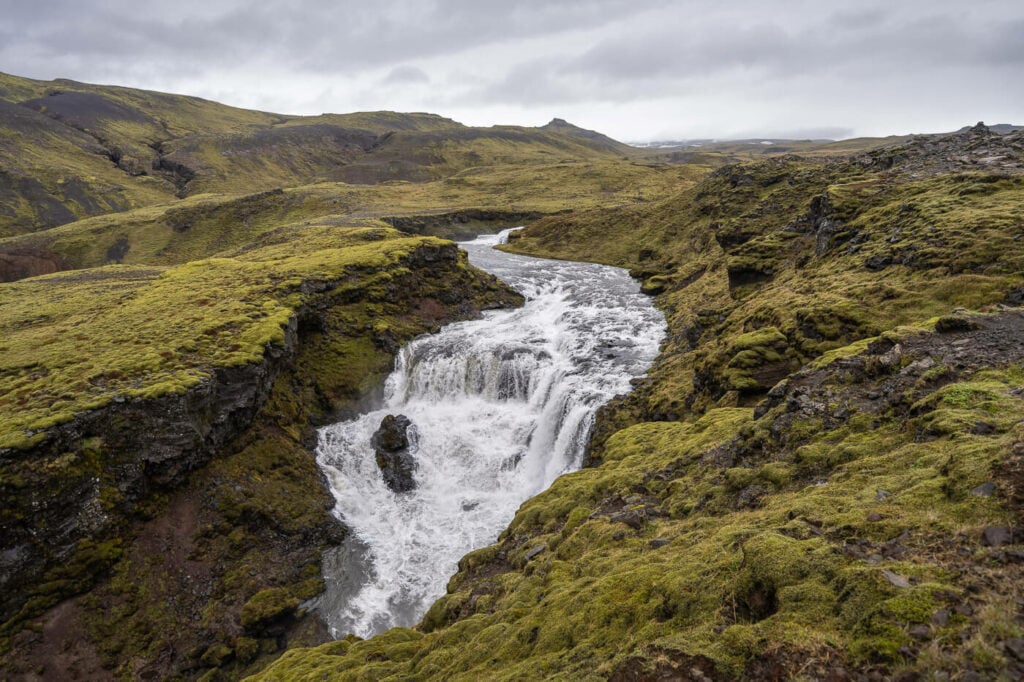
Safety Tips
Paths can be slippery, especially behind the waterfall. Wear sturdy shoes with good grip.
Protect electronics and cameras from water spray.
Obey signs if the trail behind the falls is closed in winter.
Is Seljalandsfoss free to visit?
Yes, visiting is free, but parking has a small fee.
Can you walk behind Seljalandsfoss in winter?
Usually not, as ice makes it unsafe. The path typically opens in late spring.
How much time should I plan here?
30–45 minutes is enough to walk behind the falls and also visit Gljúfrabúi.
What is the best time of day to visit?
Early morning or late evening offers the best light and fewer crowds.
Why Visit Seljalandsfoss?
Seljalandsfoss is not just a waterfall — it’s an immersive experience where you can literally walk inside the landscape. Whether visited on your own or as part of a guided South Coast tour, this waterfall is guaranteed to be one of the highlights of your trip to Iceland.